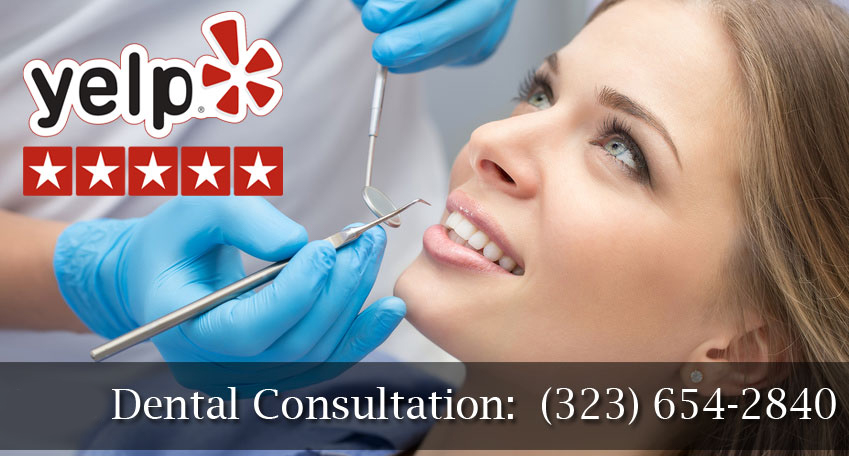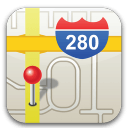A clicking jaw – also known as jaw popping – is a condition affecting at least 10 million people worldwide. If you suffer from this condition, you will feel clicking or popping when you close or open your mouth. In addition, you may experience some painful sensations in your jaw. For some cases, jaw popping or clicking may arise from extending your jaw through actions that include opening the mouth too wide during eating or yawning routines.
You can also develop the problem from issues in your temporomandibular joints. Essentially, temporomandibular joints are the joints that connect your jaws. If these joints are not working as they should, you get a condition commonly referred to as temporomandibular disorder or TMJD – shortened to TMD. Does your jaw pop or click without any painful sensation?
Essentially, if your jaw only clicks or pops but does not bring about pain or discomfort, you have nothing to worry about. However, you must seek medical intervention if you have other health conditions that could be causing the popping or clicking. This piece will outline the temporomandibular joint disorder, the causes, symptoms, and possible treatments that you can get.
Clicking Jaw and TMD
While a clicking jaw is a symptom of the TMD – temporomandibular disorder, it is not the only sign of temporomandibular disorders. As already pointed out, temporomandibular joints are the joints that connect your jaw to your skull. If these joints have an infection or are not functioning as they should be, then you can say that your temporomandibular joints have a disorder.
Signs and Symptoms that you should look out for
If you suffer from temporomandibular disorder, then jaw clicking or popping might be the only symptom you experience. However, depending on the extent of the disorder, you can experience other symptoms that include the following:
• Pain and discomfort
• Earache
• Aching neck
• Headache
• Aching teeth
• Swelling in the face and around the ears
• Difficulties in eating
• Open or closed-mouth position jaw lock
• Opening or closing mouth difficulties
• Jaw tenderness and facial itch
You should also note that these signs are not necessarily accompanied by popping or clicking.
What Are the Causes of Temporomandibular Joint Disorder?
According to available research, temporomandibular joint disorder mainly develops from particular jaw problems. If you have experienced problems with your jaw or jaw muscles in the past, there is a high chance that you will develop a temporomandibular joint disorder. Studies carried by the National Institute of Craniofacial Research show that people of the female gender are more affected than those of the male gender. This is in regards to the statistics derived from the 10 million victims of this disorder.
In addition to these statistics, one thing is particularly clear: the exact causes of temporomandibular joint disorders are not known. However, this is by no means a statement to indicate that men are safe from this problem. The temporomandibular joint disorder can affect all people despite their age, gender, or racial factors. However, doctors associate the following conditions with the disorder.
• Jaw clenching
• Biting of nails
• Biting your inner cheeks and lips
• Excessive and regular chewing of gum
• Grinding of teeth – most commonly referred to as bruxism
In addition to these causative factors, you can also develop the temporomandibular joint disorder if you have the following health conditions.
Arthritis
Typically, arthritis is a disease or condition that affects your joints. Essentially, it does not only affect your temporomandibular joints but any other joint in your body. Now, arthritis commonly exists as either:
• Osteoarthritis
• Rheumatoid arthritis
So, how does arthritis cause temporomandibular joint disorder? If you have any of these types, arthritis can lead to damaged temporomandibular joint cartilage. Now, when arthritis destroys the cartilage and affects the joints, you will develop problems in your jaw. Simple things such as closing or opening your mouth become difficult. With time, the problem progresses to include a popping or clicking sound that mainly accompanies painful sensations. Want to know whether your TMD arises from arthritis? The following are some of the symptoms you will experience:
• An increasingly reduced range of motion and reach for your jaw
• Stiffness in your jaws
• Inflammation and swelling
• Pain in the joints
Additionally, with rheumatoid arthritis, you might develop other symptoms that include an extreme feeling of tiredness and loss of appetite.
Injury in The Jaw or A Broken Jaw
In most cases, a broken or dislocated jaw – normally happens when your jaw becomes unhinged from its position – can make popping or clicking sounds. This is the most common cause of temporomandibular joint disorder since it can happen when least expected. In most cases, you can develop a broken jaw or injury on your jaw due to the following:
• A common fall or trip while walking or working
• Traffic collisions and accidents
• Physical assault – like in a fight – where somebody attacks you on the jaw
• Sporting activities
Despite the cause of your jaw injury, if you experience bleeding, bruising, or swelling on the affected area, you should seek immediate medical attention. This is critical in preventing any progression to worse situations.
Myofascial Pain Syndrome
Essentially, myofascial pain syndrome is known to cause painful sensations around particular trigger points on various muscles. The disorder is also a major cause of severe pain. Regarding temporomandibular joint disorder, this syndrome develops when a particular muscle in the joint is contracted on a recurrent basis over some time. Most common cases arise from people who have jobs or daily activities that require repetitively moving a certain muscle. If your temporomandibular joint disorder, clicking or popping sound emanates from this syndrome, then you will experience other symptoms that include:
• Erratic moods
• Sleeping difficulties
• Persistent pain that progresses with time
• Muscle tenderness and tender areas in your joints
• Mild to severe pain in the muscles
Sleep Apnea
Do you experience shallow breathing or breathing pauses in your sleep? Though these are essentially sleep disorders, they can cause temporomandibular joint disorders. You might develop sleep apnea from other conditions such as bruxism – grinding or clenching teeth at night or during the day. Sleep apnea exists in two categories: obstructive sleep apnea and central sleep apnea. Regardless of the type of sleep apnea you suffer from, you can develop clicking or popping. Major signs of sleep apnea include:
• Consistent headaches
• A feeling of being sleepy in the day
• Erratic moods
If your clicking is due to sleep apnea, you could also develop a snoring problem in your sleep. Now, if your clicking arises from this condition, you are also in danger of developing other serious conditions that include:
• Obesity
• High blood pressure
• Cardiovascular problems and heart attack
Therefore, contact your health care provider if you develop the above-stated symptoms in addition to jaw clicking.
Diagnosing TMD
Typically, since there are no exact causes of the temporomandibular joint disorder, the diagnoses process is not clear-cut. However, you can tell if you have the problem by:
• Giving detailed information regarding your dental history to your West Hollywood Dentist
• Evaluating your jaws for clicking and popping sound
• Taking jaw motion and stiffness tests
• Having your West Hollywood dentist perform a jaw X-ray
Treating TMD
Treating TMD does not have a one-fit-all process. Since the causes are different, your treatment depends on the cause. Typically, your doctor will treat your disorder by treating the particular underlying causes. If you need to relieve yourself of the pain and discomfort, observe the following:
• Eat soft foods
• Use guards to protect your teeth from grinding and clenching
• Engage in muscle relaxing exercises
• Avoid moving your jaw to extremities
• Use heat and ice packs to alleviate the pain in your jaw
Do you need a West Hollywood dentist? Are you looking for TMD or clicking jaw treatment? At Holistic Smile Care, we offer treatment for jaw popping, clicking, and other temporomandibular jaw disorders. For a consultation, contact us today.





